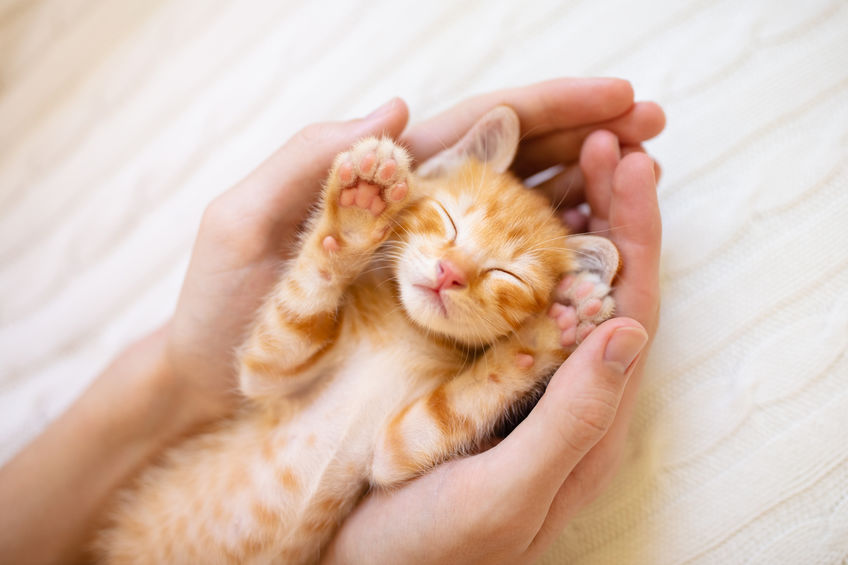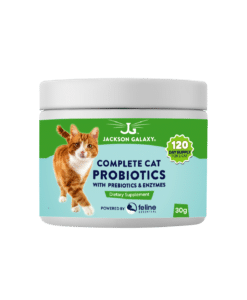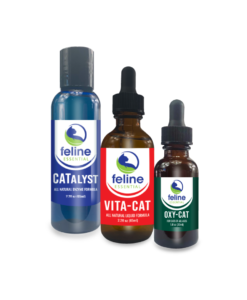If you’ve just adopted or rescued your first kitty you may have a lot of questions. First time cat owners often think that caring for kitties should be easy, but that’s not always the case. Having been cat parents for over 20 years, we’ve learned a lot about cats, so today we want to share some of the things we’ve learned with you. Hopefully you won’t have to learn a lot of this the hard way like we did.
5 Tips For First Time Cat Parents
- Moisture matters. Many believe that a dry kibble diet is sufficient for cats, but nothing could be further from the truth. Cats have a low thirst drive so they won’t get the moisture their bodies need from the water bowl like dogs can. Dry food has been linked to urinary problems, kidney problems and diabetes in cats, so you will want to feed your new kitty a moisture rich diet. If you are adopting a kitten or young cat, look into feeding a species appropriate raw food diet. This type of food not only has the moisture content cats need, it also offers the higher quality meat that feline’s were designed to consume.
- Cats need exercise too. While we don’t usually walk our cats like dog parents do, indoor cats need plenty of exercise as well. Cats will sleep several hours during the day, but they should be active at dawn and dusk – at least. Providing your cat with vertical space as well as access to windows and interactive toys is helpful. Spend at least 20 minutes per day engaging in playtime with your kitty. Wand toys are a great way get them using their instinctive prey sequence, which is fabulous at reducing stress and getting cats active.
- Vaccinations. This is a big one. While it’s important to protect our kitties from disease, the risk of over-vaccinating our cats is real. We recommend a non-adjuvanted rabies vaccine and FVRCP once your kitten reaches 4-6 months of age. From there, ask for a titer test before revaccinating.
- Vet visits. Annual wellness exams with your favorite veterinarian is important for younger cats, and we recommend doing twice yearly senior blood panels for cats over the age of 10. Because cats are stoic beings, they mask their pain instinctively. Having your vet run a quick blood panel on your kitty can help catch illness before it gets bad. Ask your veterinarian to check your cat’s teeth at this time as well.
- Prevention is the best medicine. All of the tips above will help prevent issues with your new cat, but supplemental care is also important to avoid illness. Digestive enzymes, Omega 3’s and probiotics are missing from most every diet you’ll feed, quality or not. Adding these back into your kitty’s diet will help their skin, coat and immune system… preventing many health issues in the future. 🙂
Recommended Product for Cat Health





Recent Comments